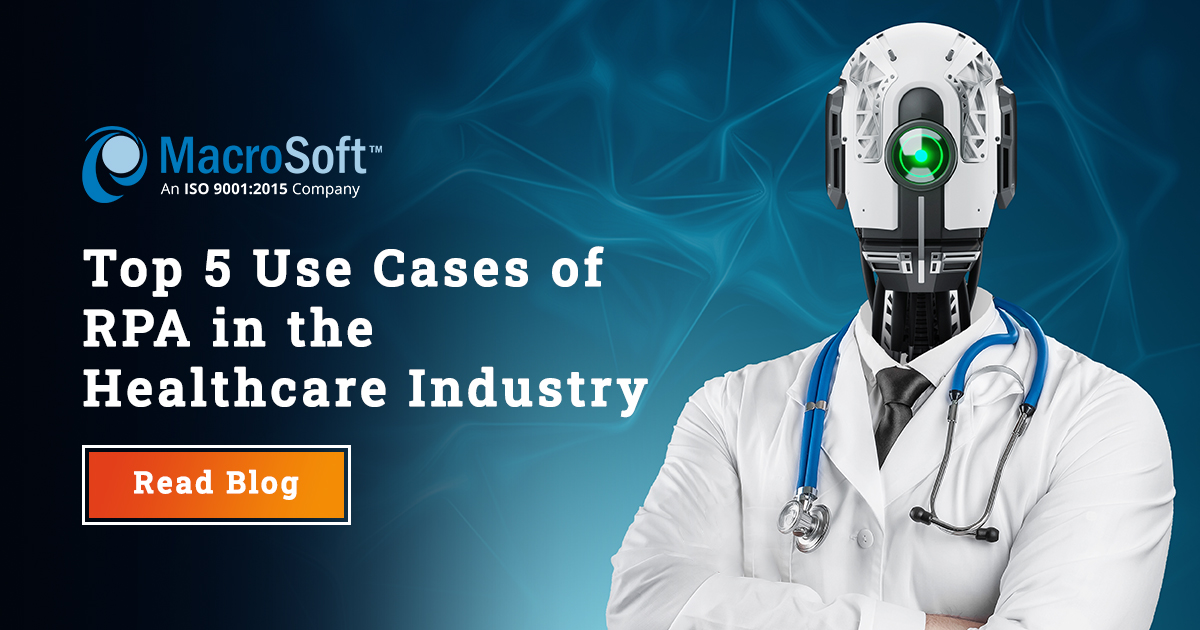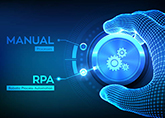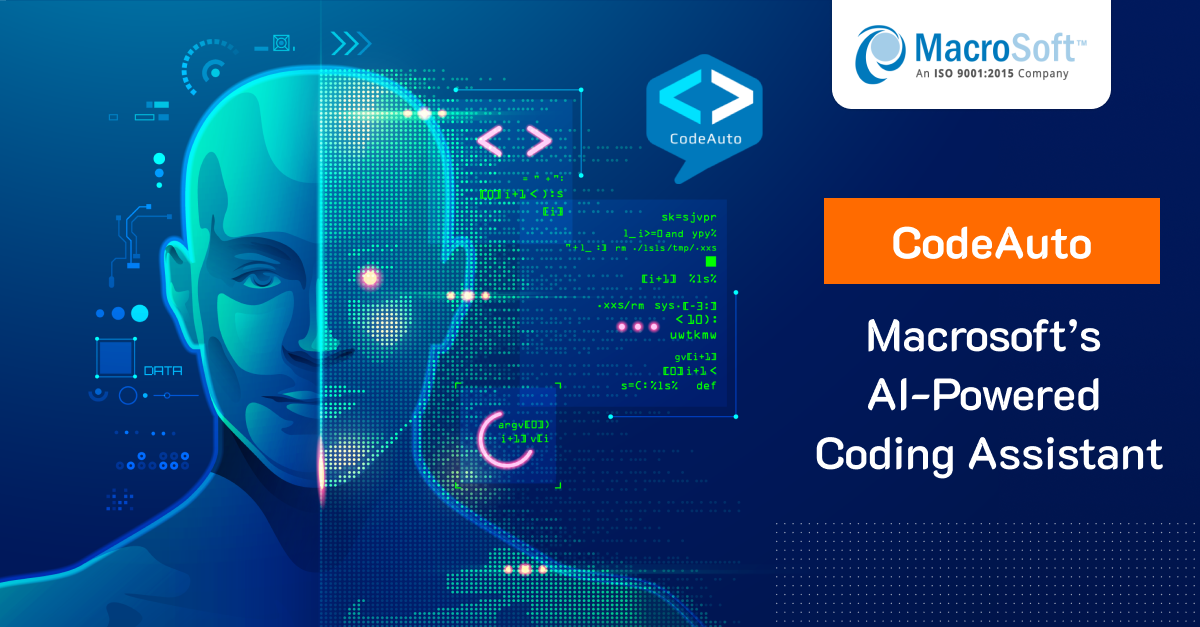

In recent years, Robotic Process Automation (RPA) has been making waves in the healthcare industry. RPA has been instrumental in automating routine and time-consuming tasks, thereby allowing healthcare professionals to focus on more complex tasks that require their attention. In this blog, we will discuss the top use cases of RPA in the healthcare industry.
- Electronic Medical Record (EMR) Management: One of the primary use cases of RPA in healthcare is to automate the process of organizing, storing, and retrieving electronic medical records. RPA can help healthcare providers save time and reduce the risk of errors by automating routine tasks, such as sorting and filing records, checking for duplicate records, and retrieving relevant information from different sources. RPA can also help healthcare providers ensure that EMR data is accurate and up-to-date, reducing the risk of errors that can lead to misdiagnosis or other medical errors.
- Prescription Processing: Prescription processing is another area where RPA can be useful. RPA can automate the process of reviewing and processing prescriptions, including verifying insurance coverage, checking for potential drug interactions, and generating alerts for potential issues. By automating these tasks, RPA can help reduce errors and improve the speed and accuracy of prescription processing.
- Appointment Scheduling: RPA can also be used to automate the process of scheduling appointments, which can be a time-consuming task for healthcare providers. RPA can help streamline the appointment scheduling process by checking availability, sending reminders to patients, and rescheduling appointments as needed. This can help improve the efficiency of appointment scheduling and reduce the likelihood of missed appointments.
- Billing and Invoicing: RPA can be used to automate the process of generating and sending invoices to patients and insurance companies. This can help improve the accuracy and timeliness of billing, reducing the risk of errors and delays. RPA can also help healthcare providers stay on top of the billing process by generating alerts for overdue payments or denied claims.
- Compliance: Compliance is a critical area in healthcare, and RPA can be useful in automating compliance tasks. RPA can help healthcare providers monitor and enforce compliance with regulatory requirements and company policies by automating tasks such as auditing records, generating reports, and notifying staff of potential violations. This can help improve the accuracy and consistency of compliance efforts and reduce the risk of non-compliance.
In conclusion, RPA can be a game-changer for the healthcare industry, helping healthcare providers improve efficiency, accuracy, and compliance. By automating routine tasks, RPA can help healthcare providers focus on more complex tasks, improving patient outcomes and reducing the risk of errors. At Macrosoft, we are dedicated to helping our customers stay ahead of the game by leveraging the power of RPA. Whether you’re in the healthcare industry or any other industry, we can work with you to determine the best course of action for your organization. Don’t wait any longer to start reaping the benefits of RPA – contact us today to talk to an RPA expert to custom-tailor your process automation venture.
By Suryagayathri C K | March 15th, 2023 | Process Automation
Recent Blogs


Advantages of Technology and IT Companies Partnering with Staffing Firms Offering Visa Sponsorship
Read Blog

CCM in the Cloud: The Advantages of Cloud-Based Customer Communication Management
Read Blog

The Rise of Intelligent Automation: A Roadmap for Success
Read Blog


 Home
Home Services
Services




































